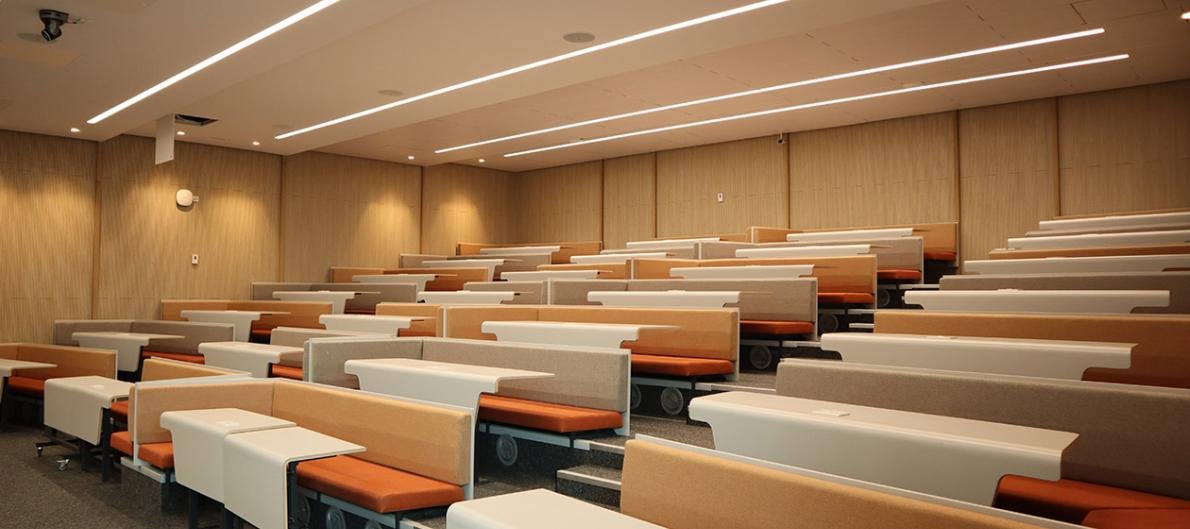Bengaluru: The Enforcement Directorate (ED) has launched a massive crackdown on an alleged money laundering racket linked to the illegal blocking and sale of engineering seats across top private colleges in Karnataka. On Tuesday, the agency carried out coordinated search operations at nearly 18 locations, including educational institutions and residential premises in Bengaluru and other districts.
BMS College, Aakash Institute Among Institutions Under Scanner
According to sources, the ED’s investigation is focused on reputed colleges such as BMS Engineering College and Aakash Institute of Engineering, along with individuals linked to these institutions. The probe stems from allegations that several colleges engaged in fraudulent seat blocking during the 2024–25 academic session. These seats were allegedly sold off to non-meritorious candidates for hefty sums, bypassing the legitimate merit-based admission process.
Officials said over 2,000 engineering seats were illegally reserved and then monetized by a network involving middlemen, college staff, and officials from the Karnataka Examination Authority (KEA). The ED suspects the use of this illicit money for laundering and personal enrichment.
Scam First Busted by Local Police, Now Under ED’s Lens
The scam was originally unearthed in 2024 by the Malleswaram Police, which arrested over a dozen people, including a contract employee from KEA. The arrests revealed a systematic modus operandi where admission software was manipulated to show seats as blocked or unavailable, allowing them to be sold under the table.
In light of these developments, the ED took over the case, citing significant financial irregularities. Notices were previously sent to several colleges suspected of involvement, and financial transactions are now under forensic audit. The raids aim to gather evidence on money trails, digital communications, and documentation supporting the illegal transactions.
Wider Implications for Education Sector and Regulatory Oversight
This case highlights growing concerns about corruption in the higher education sector, particularly in competitive professional courses like engineering. The use of government examination infrastructure and officials in executing the fraud points to deeper systemic vulnerabilities. The ED’s involvement is expected to lead to a wider investigation and possible prosecution under the Prevention of Money Laundering Act (PMLA).
As the probe continues, more educational institutions may come under scrutiny, and stricter regulations may be recommended to curb such malpractices in future admission cycles.



